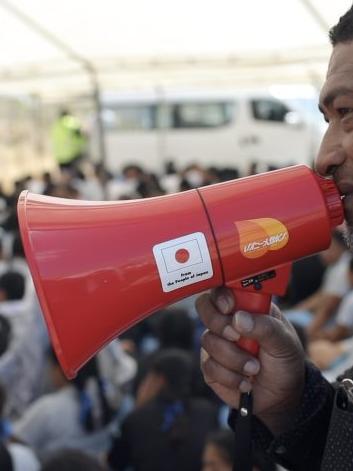
The ability to initiate, plan, develop, coordinate, and disseminate accurate, timely, and reliable information, alerts, warnings, and notifications to the public and responders in crises situations is central to risk-informed communication. Risk-informed communication should be geared towards enabling the population at risk to make informed decisions to mitigate the effects of disasters and take precautionary measures. It is in this regard that this brief seeks to examine how to strengthen risk-informed communication for addressing multifaceted crises management, DRR, and climate action. Drawing on the current global situation and good practices, it explores the importance of enhancing risk-informed communication. It identifies key challenges for strengthening government institutions that are responsible for effective communication, provides guidance on how to integrate risk-informed communication strategies into disaster management and proposes policy recommendations for policymakers, practitioners, and other stakeholders. Read more.
 Welcome to the United Nations
Welcome to the United Nations